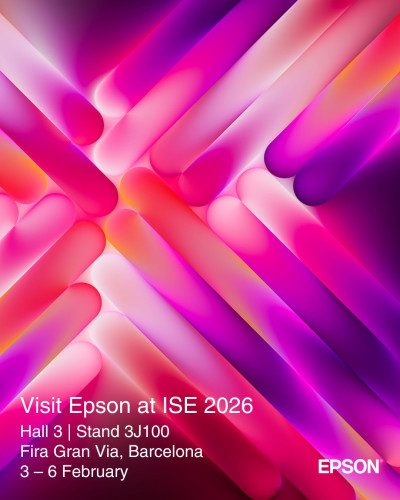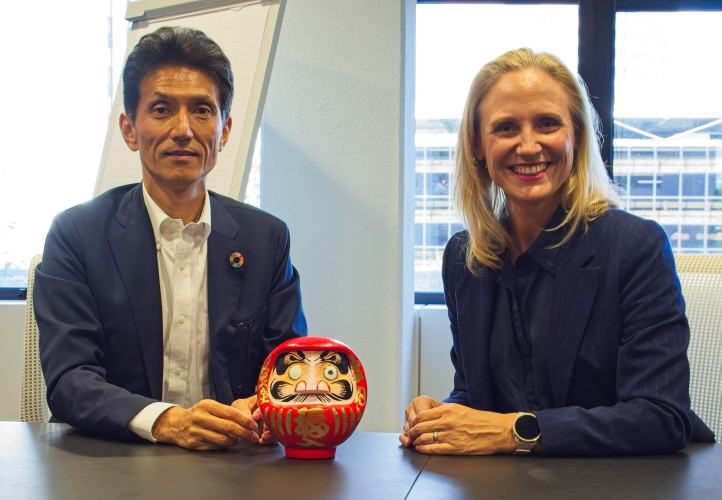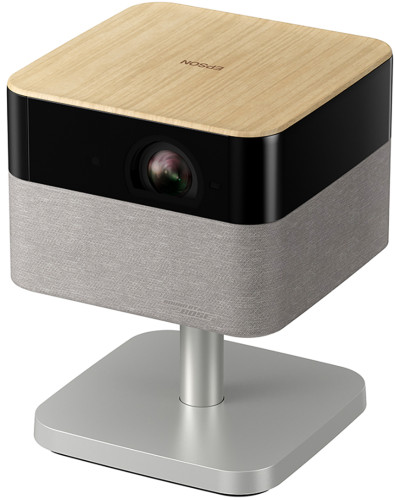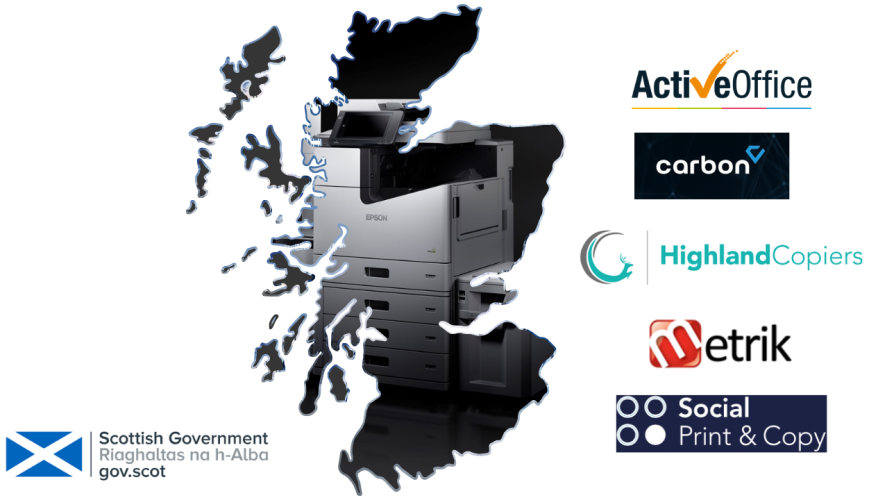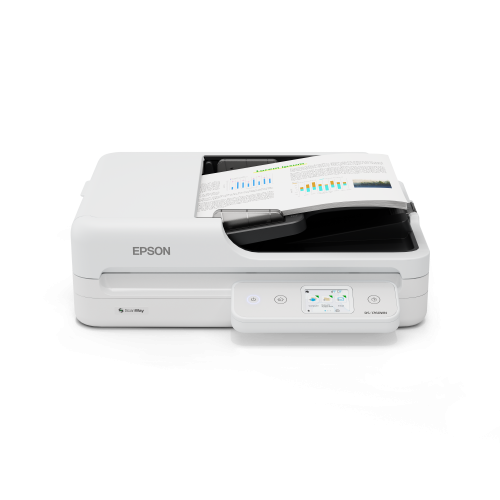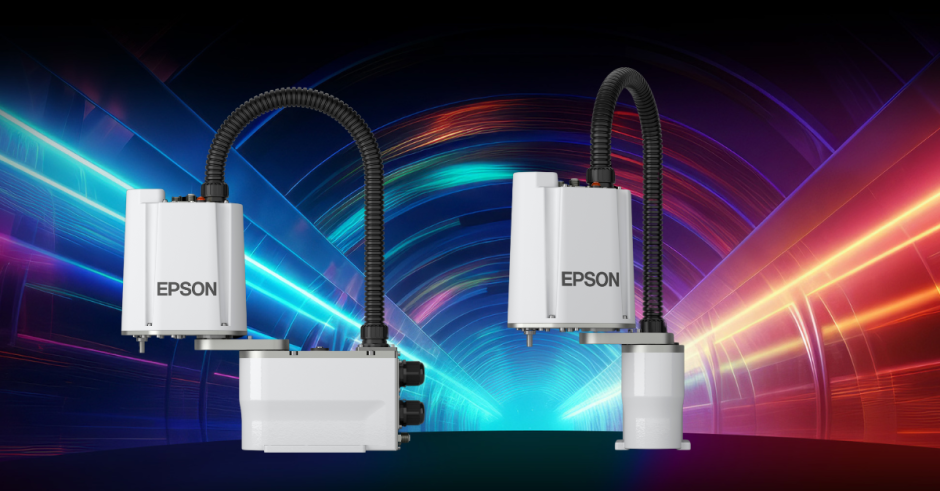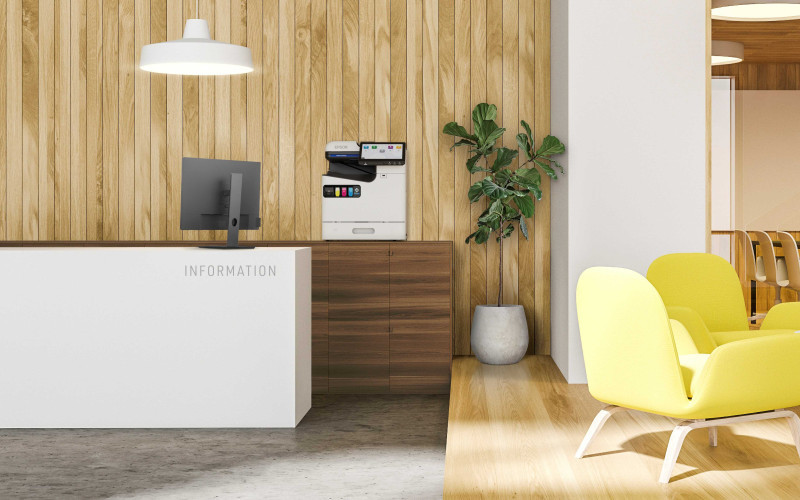Epson commitment to sustainable inkjet technology paying off as industry calls for climate conscious products
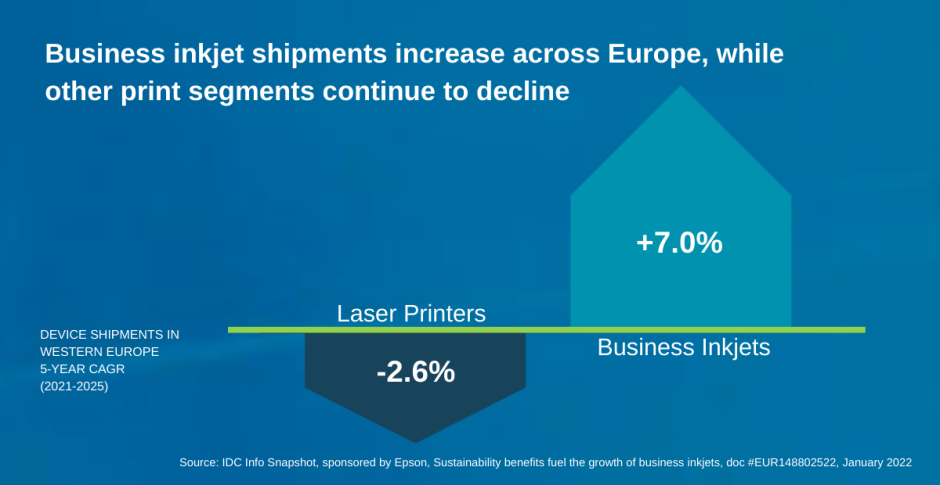
Amid ongoing concern for climate preservation Epson is seeing its commitment to sustainable technologies, and in particular business inkjet technology, paying off with demand for sustainable business inkjet products increasing.
Epson has long championed sustainability and since 2018 has invested over half a billion euros into the development of its PrecisionCore inkjet printhead providing a high quality, sustainable and Heat-free alternative to rival print technologies. This has recently been followed by a further ¥100 Billion investment to support the development of new materials and technologies to reduce environmental impact.
A new IDC Info Snapshot sponsored by Epson, examines print industry trends and expectations for business inkjet technology and predicts a -2.6% year-on-year declining demand for laser printing, contrasted by a +7% per annum predicted growth rate for business inkjet 1. The Info Snapshot further identifies key drivers for this shift, with IDC research finding that 88% of hardware decision makers now consider energy consumption and waste (87%) as ‘extremely’ or’ very’ important when selecting new printing devices 2. IDC research also calls out that 78% of respondents consider inkjet printers and MFPs to be more environmentally friendly than laser printers and MFPs 3.
“Today, printing accounts for 10% of energy used within an office 4 and by switching to Epson business inkjet printers, organisations can save up to 83% of that energy need 5,” comments Gareth Jay, Epson Europe. “The climate emergency is one that impacts us all and we must all take responsibility to resolve. With this in mind, we have invested heavily to improve the sustainability performance of both our own business operations and the products we supply – helping customers and end users to improve their credentials too.”
Positive attitudes towards business inkjets are further highlighted in a new IDC Vendor Spotlight report commissioned by Epson suggesting 65% of European IT executives plan to dedicate up to half of their budgets to sustainable products and services, with confidence and positivity towards business inkjets called out for their sustainability, security and compliance capabilities 6.
“Laser printers are resource-heavy and have many moving parts,” continues Jay. “Inkjets are demonstrably better, but not all inkjets are created equal. Ours require no heat – meaning far less energy – or warm up time when they are switched on or woken from sleep. That means faster printing, consistent high-quality output, significant time savings, lower costs and of course less power consumed.”
The hybrid workforce has similarly turned its attention to inkjet printing, seeking sustainable, low-cost solutions for the home office and smaller work groups when in the office. In 2021, Epson celebrated 60 million units of its EcoTank products sold worldwide 7, driven by their ability to reduce waste and power consumption. The IDC Vendor Spotlight report found that ink tank systems, that produce less waste and packaging due to a much lower use of replacement supplies, are experiencing strong demand in offices across Europe. And while 13% of homeworkers are already identified as using print supplies managed though subscription models, by 2024, IDC predicts 60% of organisations will have moved to a subscription-based model for print and print-related services 8.
“We will continue to champion the advantages offered by our proprietary heat-free inkjet technology and the various purchase and subscription models available for both businesses and home workers to access it,” concludes Jay.

